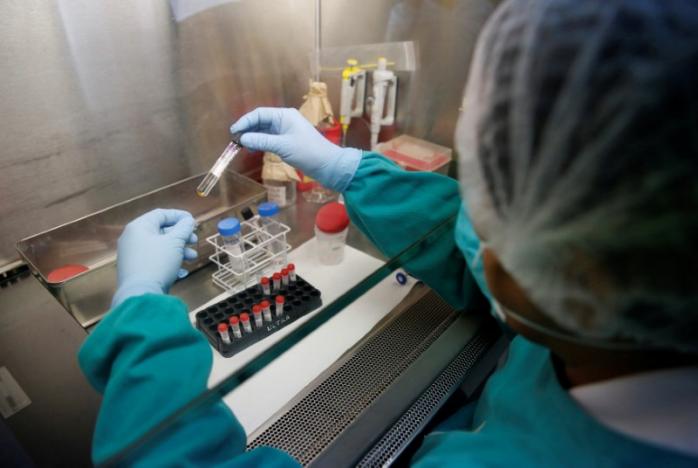India to expand access to J&J's TB drug this year
MUMBAI: India's top tuberculosis fighter said the government will expand access to Johnson & Johnson's breakthrough TB drug this year, but health experts warn much more needs to be done to eliminate the superbug by 2025.
India will make bedaquiline, one of just two new TB drugs marketed over the last 50 years, available at 140 government-run TB treatment centers by November, said Sunil Kharpade, head of India's Central TB Division. The drug is currently available at only six centers. "We've conducted training in several states in the last few months, and we're prepared to start giving it to patients across 140 centers," Kharpade told Reuters.
Health experts and activists welcomed the move, but said the government must do even more against TB, which claims the lives of thousands of Indians each year.
"India's TB program has made a lot of progress in the last few years," said Jennifer Furin, an infectious diseases expert at Harvard Medical School.
"But compared to what they need to do if they are serious about eliminating TB in eight short years, they have barely scratched the surface."
India has nearly a quarter of the world's TB cases, and poor infection control practices and a stressed public healthcare system make it a hotbed for spreading the drug-resistant bacteria.
India has provided bedaquiline to only 300 patients, with another 300 courses available. There are plans to get treatment for 1,000 more patients in the next year, said Kharpade.
But that is way short of India's requirements with nearly 2.8 million new TB cases a year, and 80,000 patients with multi-drug resistant (MDR) TB. About a third of those with MDR TB are eligible to use bedaquiline, according to the World Health Organization, leaving thousands of Indians without access.
"What that means is those people continue to transmit the bacteria to the community and it makes elimination impossible," Furin said.
Kharpade says the country has been cautious in rolling out the drug to ensure people don't develop resistance to it. But some health experts believe the response has been too slow.
Groups like Lawyers Collective and Medecins Sans Frontieres have called for expanded access to bedaquiline as well as delamanid, another drug for late-stage TB patients marketed by Japan's Otsuka Holdings Co Ltd.
"We got these drugs after half a century of stagnant research," said Mario Raviglione, head of the WHO's TB-control program.
"We don't want to lose these drugs for future people in need."






